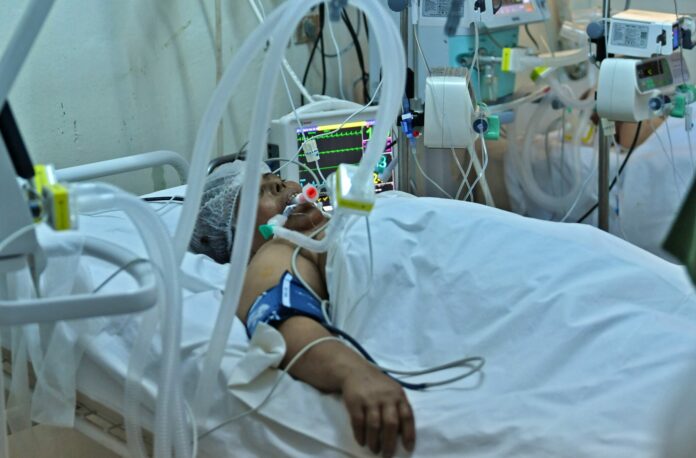Private clinics are witnessing a high demand in light of the deterioration of health services in public hospitals and the shortage caused by the level of specialist doctors and medical equipment, which forces some citizens to rely on private clinics, but some of them witness many abuses according to the report of the Court of Accounting No. 32, and the Tunisian Organization for Consumer Guidance.
Applying the principle of profit margin before patient health Lotfi Al-Rayhi, president of the Tunisian Organization for The Guiding of JDD Tunisie, confirmed on Wednesday , September 29, 2021 that private clinics are exploiting the Tunisian citizen and manipulating his life. This is because they apply the principle of profit margin before the patient’s health, he said. Al-Rayhi added that once the citizen enters, a bank instrument is requested to be able to treat, which is illegal, pointing out that private sanatoriums do not provide scientific prescriptions but commercial prescriptions, which the organization considers to be directing the consumer towards a particular product only. In addition to the lack of transparency in transactions through the exploitation of the sanatoriums for a comb profit margin through what he described as the “hotel” of service prices, he called for the opening of an investigation and accountability of sanatoriums according to the report of the Court of Accounting No. 32, which acknowledged that the interests of the Ministry of Commerce did not take over the programming of periodic control tasks on private clinics during the period 2015-February 2020 to verify the transparency and integrity of transactions and control the prices of health services and billing approved by them.
Its role was limited to addressing petitions and complaints received by economic research interests. Lack of state monitoring of sanatoriums contributed to wholesale abuses According to the report issued by the Court of Accounting, this sector witnessed abuses in the level of control at many levels, the most important of which is heavy medical equipment and radioactive equipment, where the instability of measures to control the needs of heavy equipment for the private sector as well as the issuance of the decision of the Minister of Health in 2016 on the control of standards and standards of heavy equipment Without being presented to the national council for medical and technical equipment, it contributed to the high pattern of licensing the use of heavy equipment, with 47 licenses issued since the decision. This contributed to forcing citizens to go to private clinics because of the lack of public hospitals or their registration for a lack of these medical equipment, which, according to the report referred to, works without obtaining final legal licenses, where the exploitation of a number of private sanatoriums for heavy equipment was recorded without obtaining the final licenses and completing 6,212 examinations with a total value of 5,322 MD
As well as the continued exploitation of equipment by 24 clinics after the expiry of the validity of the licenses, the number of examinations completed was 6,475, the final licenses were awarded without respect for the conditions required and licenses were granted as a settlement or exceptionally by the Minister of Health for the benefit of some sanatoriums. According to the same report, control over health conservation, resistance to hospital rots, control of medical supplies and control over the transport and treatment of waste, some of which the Accounting Court describes as hazardous waste, were absent.
Overall non-conformity rates for waste disposal of health activities were 43% for sanatoriums and 50% for blood filtering centers. The Ministry’s control over clinics and blood filtering centres remained limited, as some regional health departments did not undertake any oversight or follow-up functions for the clinics reviewed. According to the same report. It was found that there was no clear strategy and a special legislative framework governing the sterilization services of medical supplies, and that the requirements were not kept up to date with the standards and standards relating to sterilization at various stages. Eighty% of private sanatoriums did not take the necessary measures to create and rehabilitate central sterilization units until April 2020, despite the expiry of the deadlines for reorganizing sterilization services without the ministry taking the necessary measures and measures, especially in the face of multiple breaches in the ways and stages of sterilization in sanctified sanatoriums that did not adopt the central sterilization system, according to the report of the Court of Accounts. Abuses, some of which are considered dangerous to the lives of Tunisian citizens, require serious and urgent intervention by the parties involved in monitoring this sector in the hope of improving its services and public hospital services so that citizens can enjoy their right to health. Rifi-JDD











